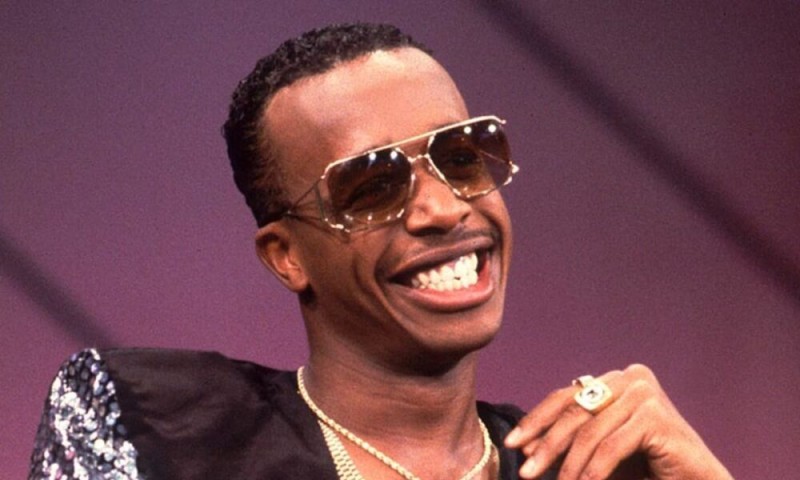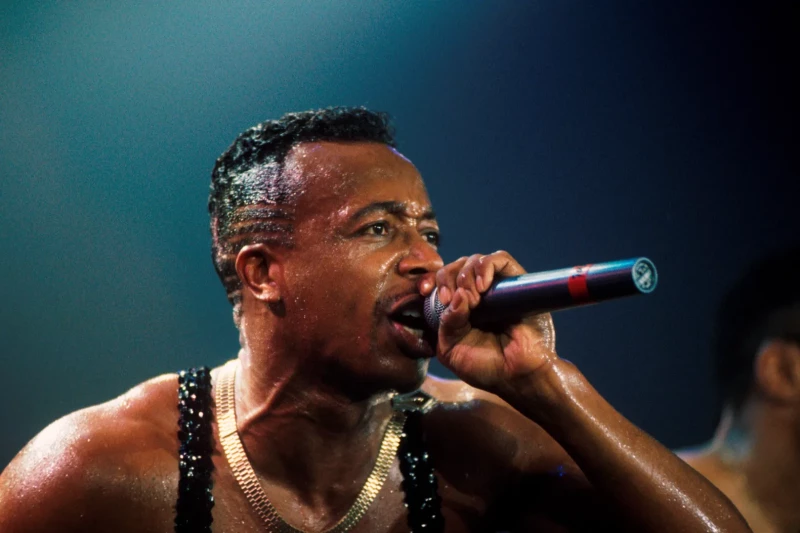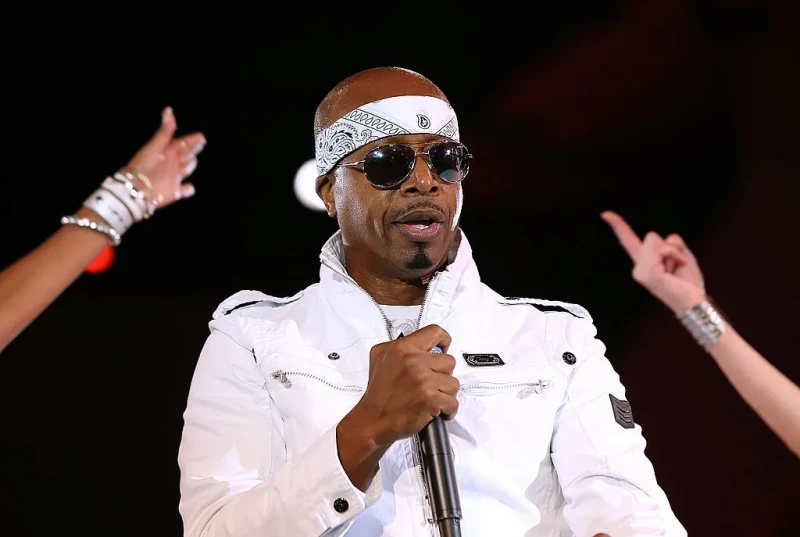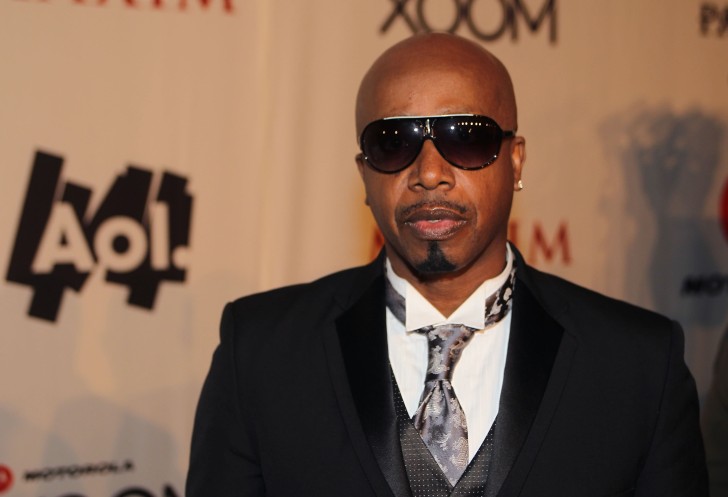MC Hammer's money story reads like a Hollywood script - the rap superstar who rocketed to a mind-blowing $70 million fortune, crashed into bankruptcy, and clawed his way back to a respectable $2 million net worth today through hustle, tech investments, and reinvention.
Early Life and First Hustle of MC Hammer

Before the baggy pants and chart-topping hits, Stanley Kirk Burrell was just a scrappy kid from East Oakland hustling to make ends meet. Hammer's first real gig came when he was just 11 years old, scoring a job as a batboy for the Oakland A's from 1973 to 1980. The team's owner, Charles O. Finley, took a shine to the energetic kid and nicknamed him "Little Hammer" because he reminded him of baseball legend "Hammerin'" Hank Aaron - a nickname that would change his life forever.
As a teenager, Hammer started making a few bucks dancing outside Oakland Coliseum and at local clubs. He'd throw down impressive moves, then pass a hat around, sometimes collecting just $15-20 a night. Not exactly big money, but those street performances taught young Stanley something priceless - how to read a crowd and deliver a show that made people want to open their wallets.
After high school, Hammer took a detour that might surprise fans - he joined the U.S. Navy for three years, working as an aviation storekeeper at Moffett Field. The military paycheck wasn't huge, but it gave him discipline and structure that would later help him run his music empire. When his Navy stint ended, Hammer hustled hard, borrowing $20,000 from former A's players Mike Davis and Dwayne Murphy to launch his own record label, Bust It Productions.
Around 1987, Hammer dropped his debut album "Feel My Power," scraping together about $75,000 to produce and distribute it himself. The album moved an impressive 60,000 copies independently - enough to catch Capitol Records' attention and land him a deal. During these early days, Hammer was making decent money - maybe $50,000-100,000 a year - but nothing close to the tsunami of cash that was about to hit his bank account.
When MC Hammer Became Stupid Rich
Hammer's financial big bang happened in 1990 with "Please Hammer, Don't Hurt 'Em," which blew up into one of the best-selling rap albums ever, moving over 18 million units worldwide. At his peak, Hammer was raking in around $30 million a year - that's roughly $70 million in today's money. Hit singles like "U Can't Touch This" and "Pray" were everywhere, his world tour was selling out arenas, and endorsement deals were rolling in like crazy.
By 1991-1992, Hammer was living larger than almost any entertainer before him. His $20 million mansion in Fremont, California, was absolutely bonkers - 40,000 square feet with Italian marble floors, a bowling alley, multiple pools, a baseball diamond, and gold-plated gates with his name on them. But the real jaw-dropper was his entourage - Hammer employed nearly 200 people with an annual payroll of $6.8 million! His garage looked like a luxury car dealership with Lamborghinis and Ferraris, while his stable housed 19 thoroughbred racehorses. Fortune magazine pegged his total earnings during this golden period at about $33 million - Hammer was literally too legit to quit.

MC Hammer Epic Financial Meltdown
What goes up must come down, and Hammer's fall was spectacular. By 1996, just a few years after swimming in cash, he found himself drowning in $13 million of debt and filing for Chapter 11 bankruptcy. The perfect storm that sank his finances included his over-the-top lifestyle, that massive staff payroll, album sales that fell off a cliff, and expensive lawsuits over sampling issues.
The bankruptcy paperwork told a sad story - over $1 million in unpaid taxes, around $500,000 in legal fees, and a mountain of other debts. Hammer had to unload his dream mansion for just $6.8 million, taking a bath on what he paid for it. His cars, jewelry, and other bling got liquidated to pay creditors. Perhaps the toughest blow was selling his beloved racehorses, including "Dance Floor," which had run in the Kentucky Derby. Hammer went from rap royalty to financial cautionary tale faster than you could say "can't touch this."
MC Hammer Current Money Situation and Income Hustle
As of 2025, Hammer sits on a net worth of about $2 million - nowhere near his former wealth but a solid comeback from rock bottom. Since his bankruptcy nightmare, he's rebuilt his finances through a mix of smart pivots and embracing the digital revolution. He jumped into tech investments early, putting money into startups like Square and Twitter (now X) before they blew up, though he keeps the details of those returns pretty quiet.
These days, Hammer's income flows from multiple streams. He still performs occasionally, pulling in somewhere between $25,000-50,000 per show. He's leveraged his personal brand into various business ventures, including a dance website and app that's done pretty well. Hammer has also reinvented himself as a tech consultant and speaker, pocketing an estimated $10,000-25,000 for speaking gigs at tech conferences and business events. And those classic hits? They keep generating royalty checks, especially as '90s nostalgia brings his music to new ears. While he'll probably never again see the kind of money he made in the early '90s, Hammer has managed to bounce back with a sustainable career and steady income.
MC Hammer Wisdom on Winning at Life
Through his wild financial rollercoaster, Hammer has picked up some serious wisdom about success that he regularly drops in interviews and speaking gigs. His number one lesson? Adaptability is everything. "You gotta be willing to reinvent yourself," he often says, pointing to his own journey from music superstar to tech entrepreneur. "The minute you think you've got it all figured out is when the world changes on you."
Another big thing for Hammer is the power of a strong personal brand. Even when his bank account was on life support, his name recognition remained valuable currency. "Your reputation might be the only thing that survives when everything else crashes," he's mentioned at various business panels. This focus on building a recognizable personal brand has let him slide between entertainment, tech, and business worlds with surprising ease.

Hammer also keeps it real about financial literacy, something he learned about way too late. "Making money is just half the game – knowing how to keep it is the other half," he admits in interviews. Today, he regularly tells young entertainers and athletes to surround themselves with honest financial advisors and learn about investing themselves. When Hammer talks about money management, people listen – he's got the battle scars to prove it.
How MC Hammer Stays Relevant When Most '90s Rappers Don't
Hammer has somehow managed to stick around in an industry that typically chews up and spits out artists after a few years of fame. A big reason? He jumped on the tech and social media train early while many of his contemporaries were still trying to sell CDs. Hammer built a massive social following across platforms, connecting with kids who weren't even born when he was topping the charts.
Unlike some stars who can't take a joke, Hammer has shown he can laugh at himself and his legacy – parachute pants and all. He's popped up in commercials and videos that playfully reference his signature moves and catchphrases, turning what could be mockery into money-making opportunities. This self-awareness has kept him likable when many of his peers have faded into obscurity.
Most impressively, Hammer has transformed from just an entertainer to a business personality with actual insights to share. When he shows up on CNBC or at tech conferences, people actually want to hear what he has to say. "I've been at the absolute top, the absolute bottom, and everywhere in between," as he puts it. "That gives me a perspective not many people have." This unique journey continues to make MC Hammer fascinating decades after he first moonwalked into our living rooms, with his financial saga serving as both a warning and an inspiration to anyone chasing fame and fortune.
 Usman Salis
Usman Salis

 Usman Salis
Usman Salis


